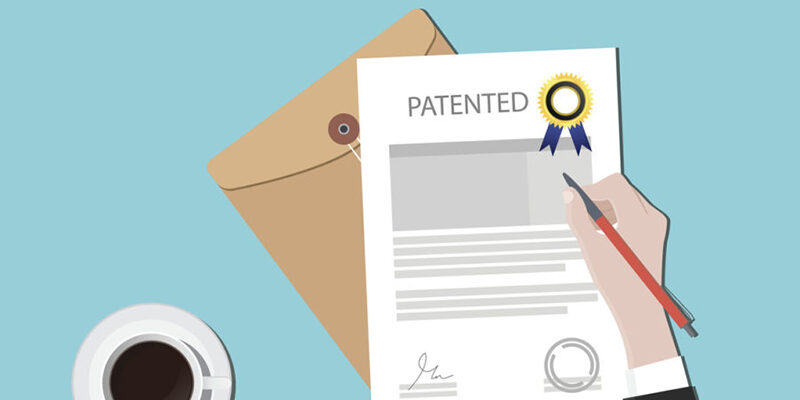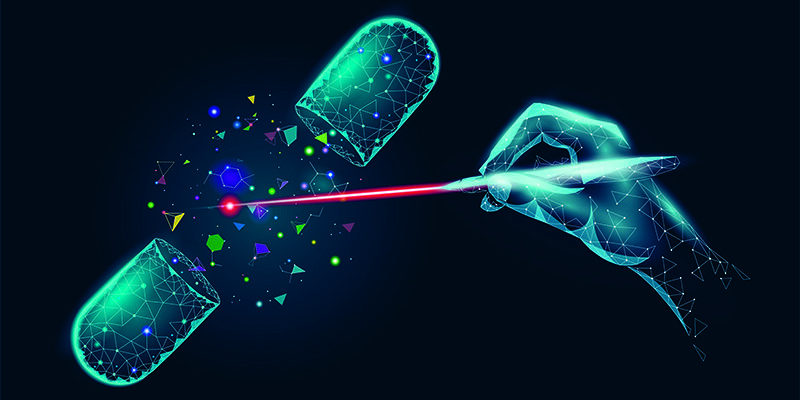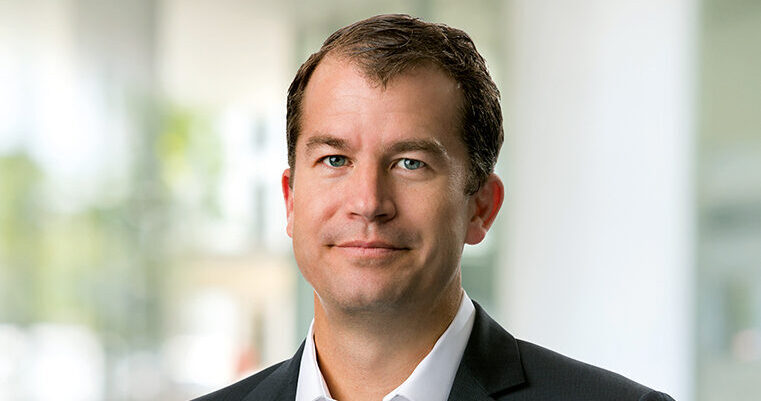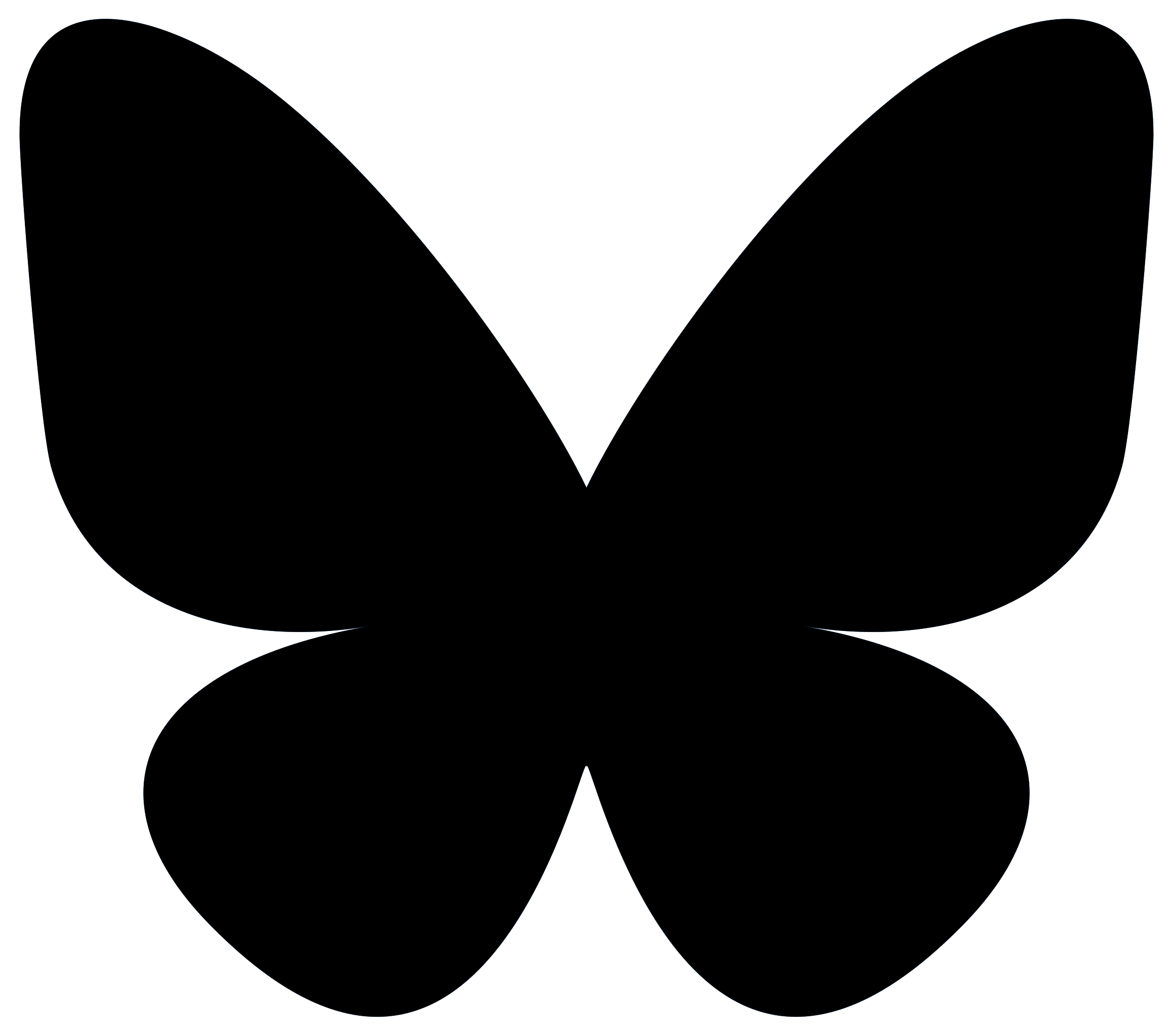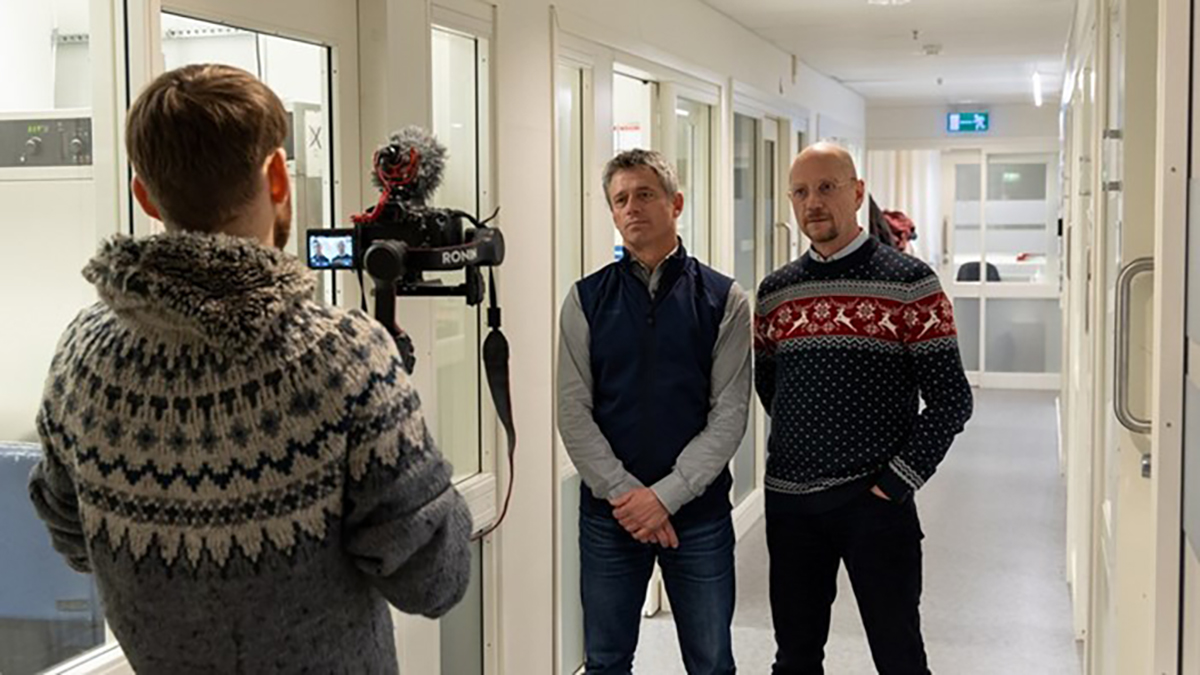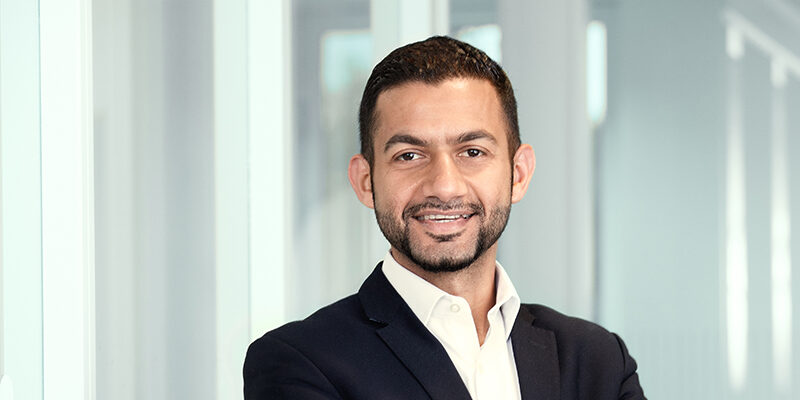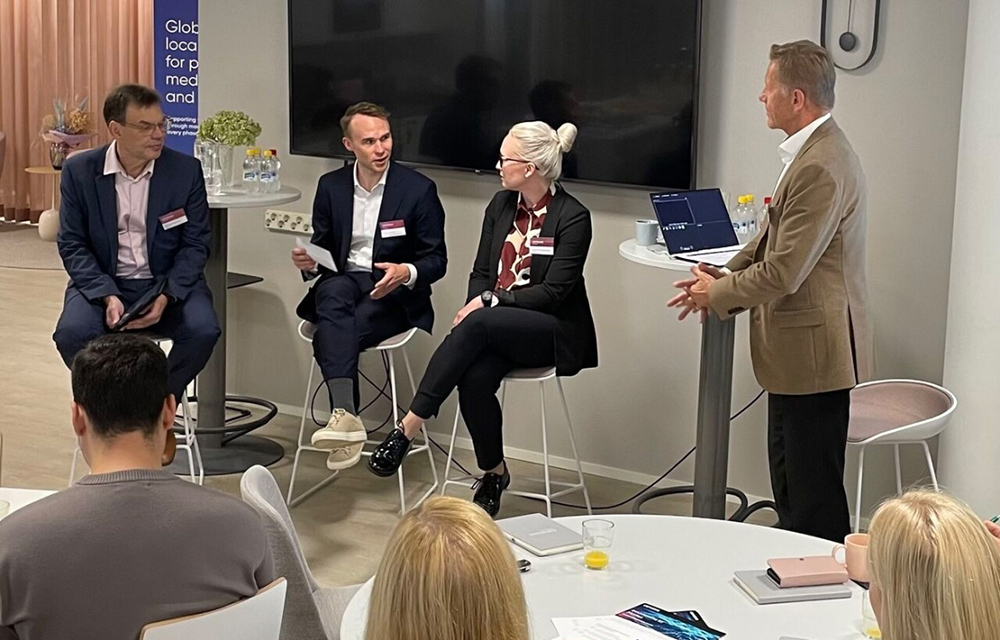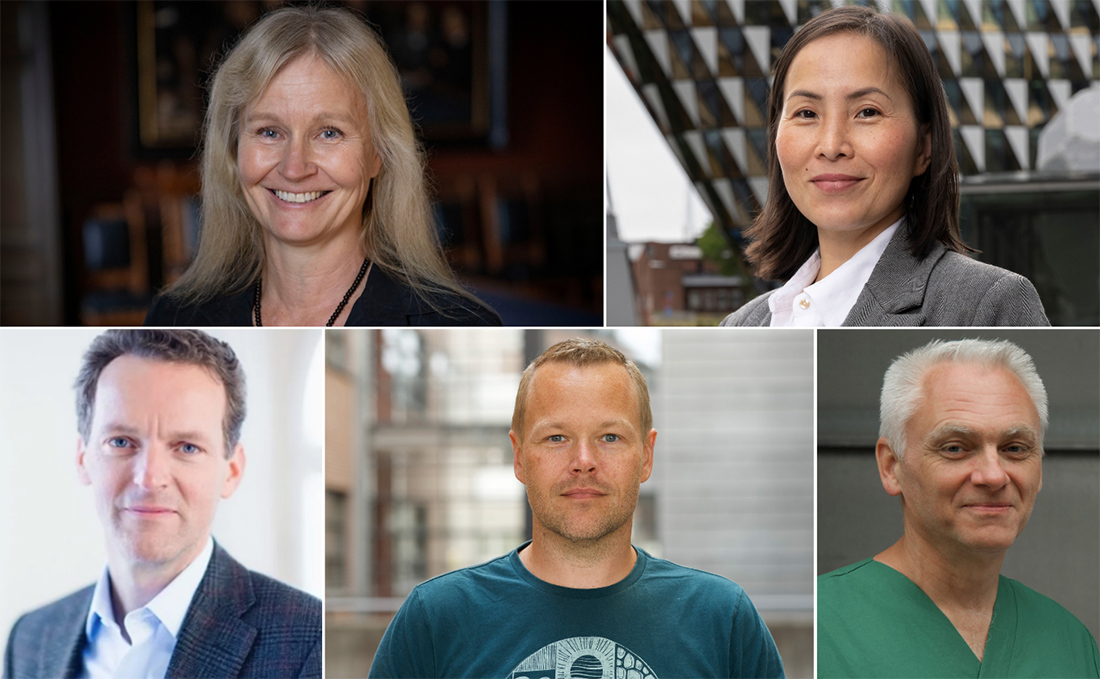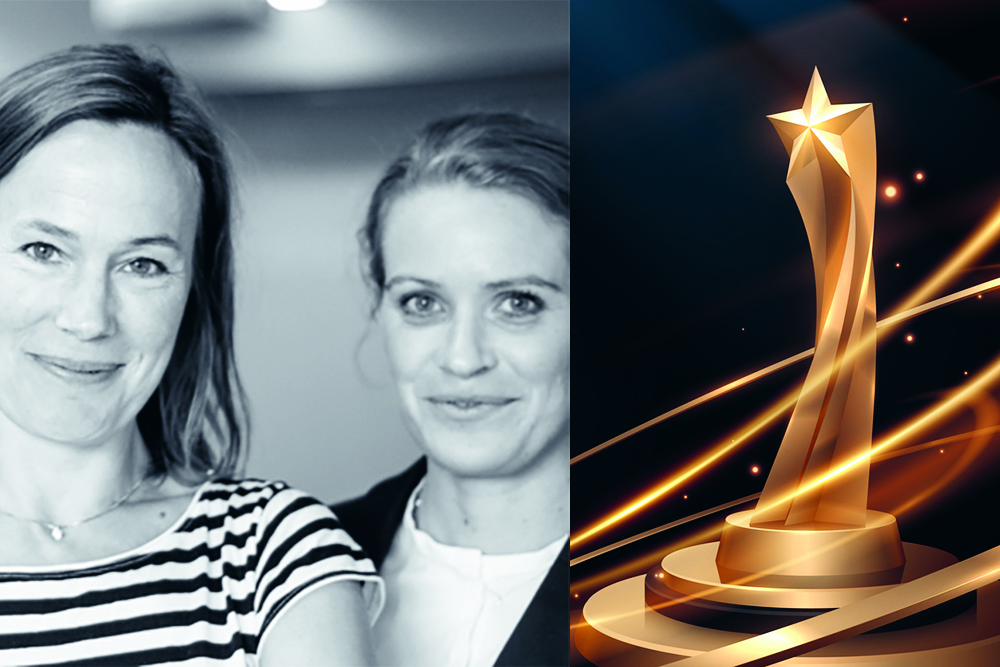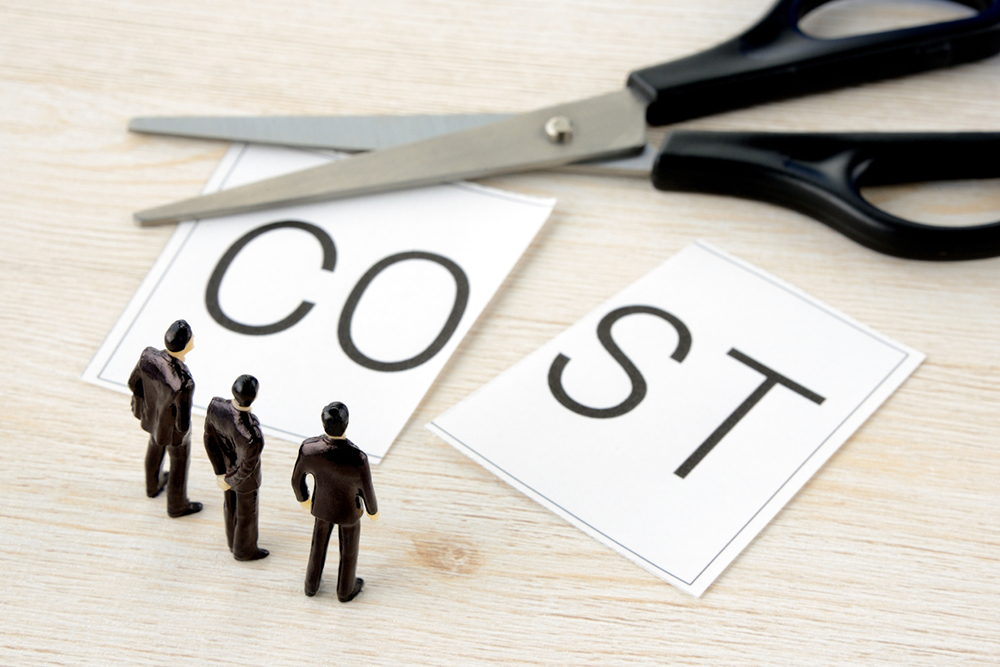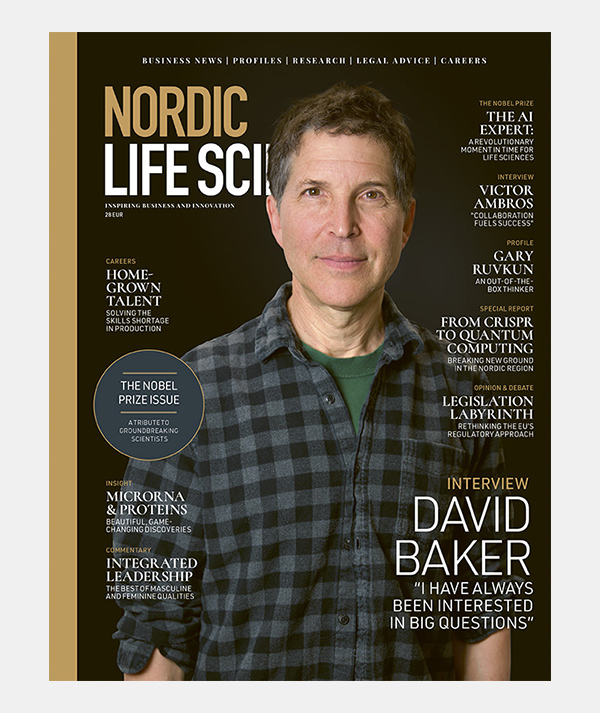Advertisement
Business Q&A: Karl Bergman, CEO of Elypta
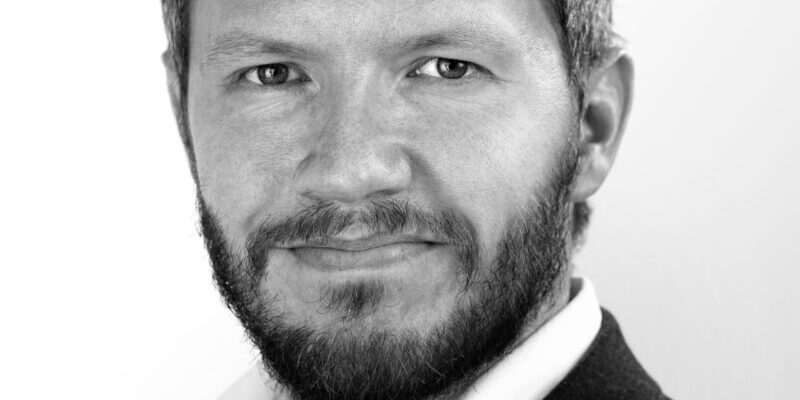
The days of Swedish liquid biopsy startup Elypta are hectic – the company has won prestigious awards and grants, and they will soon initiate the largest study in the world within kidney cancer diagnostics.
The company’s method involves measuring a unique panel of metabolites whose composition has been found to be altered in the blood and urine of cancer patients, allowing identification of distinct “signatures” using machine learning. These signatures, or biomarkers, are exceptionally sensitive and can be identified for a variety of cancers. At the beginning of 2019 the company became one of the winners in the EU program Horizon 2020 SME instrument phase 2 and was awarded EUR 2.35 million.
This year, Elypta’s co-founder and CSO, Francesco Gatto, was named Pioneer of the Year at MIT Technology Review’s European Innovators Under 35 Summit in Paris. In September, the company was also the winner of the Nordic Life Science Award (both in the Delegate’s and the Business category). Nordic Life Science (NLS) asked Karl Bergman (KB), CEO of Elypta, about the company’s business strategy and what’s next.
NLS: Why are you focusing on measuring sensitive metabolites, and not for example DNA?
KB: There is of course a great potential in measuring, for example, circulating tumor-DNA in different applications within cancer diagnostics, but a great challenge is to discover small tumors in an early phase of the cancer. Metabolism is in many ways more sensitive for changes in different disease progressions and that is what we want to take advantage of. We have developed a panel of metabolites whose profile is changed even in early cancer.
NLS: What’s next for Elypta? Clinical trials?
KB: Yes, this winter we are initiating the largest study in the world within renal cell carcinoma (RCC). Sixteen hospitals in six countries will participate and the goal is to evaluate our method’s ability to discover recurring kidney cancer. Hopefully we can prove that our method enables earlier detection and the goal is to receive FDA approval during 2022.
NLS: What’s your strategy for getting your product out on the market?
KB: We are producing a laboratory kit and software for automatic analysis of the measured values that the kit generates. We have discussions with clinical laboratories and hardware manufacturers but our product is still independent of a specific hardware.
NLS: What opportunities do you have on the market for liquid biopsy products?
KB: We are aiming to have the first FDA approved biomarker for kidney cancer, and within this area we see a very limited amount of competition today. Within other types of cancers there is a lot going on but we know that we add something unique and we also believe strongly in combinations for solving the biggest problems, like for example screening.
NLS: Do you have any advice for other Nordic biotech startups?
KB: No, not really. Every company is unique and has its own prerequisites and possibilities, and I am often impressed when I hear about the developments that take place.
Published: December 1, 2019
Advertisement
